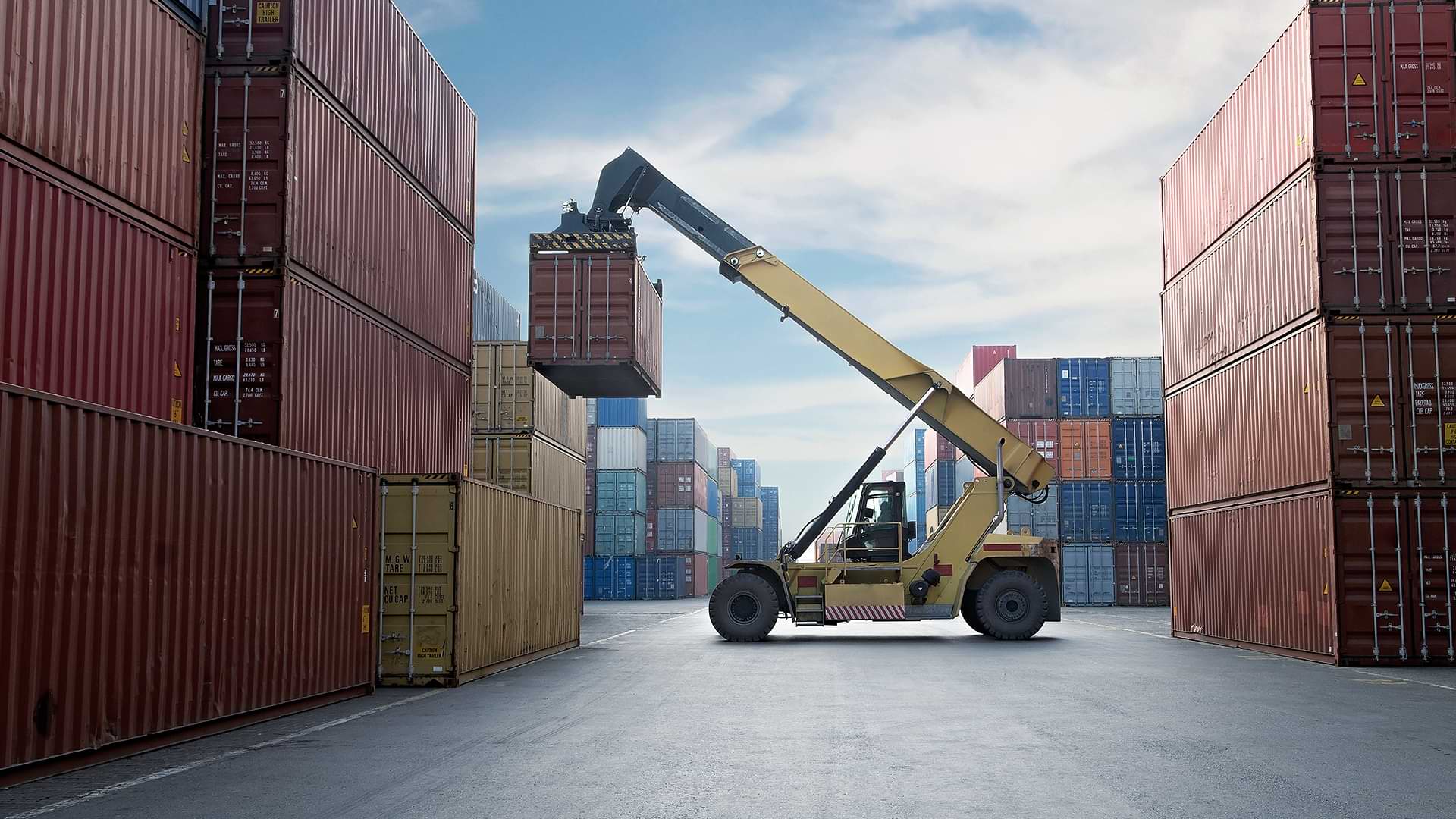Export of goods
Export of Goods with Specialized Services from Rahamco’s Trading Department
The Concept and Legal Foundations of Goods Export
In commercial terms, the export of goods refers to the formal and legal dispatch of goods from the customs territory of the Islamic Republic of Iran to other countries, contingent on full compliance with all legal requirements and export/import regulations of both the originating and destination countries.
Exporting goods without proper legal processes exposes businesses to significant legal and financial risks and may entirely or partially forfeit any opportunity for lawful repatriation or financial benefits.


All stages of official goods export must be supervised by competent authorities—including Customs, the Ministry of Industry, Mine and Trade (MIMT), and the Central Bank—and all related documentation must be prepared and submitted with accuracy and transparency to secure legal and tax support for the exporter.
Rahamco’s Trading Department, with its experienced team, manages every stage of the export process in full compliance with current regulations, responsibly and with your best legal and commercial interests in mind—ensuring protection from any complexity or potential risks.
Types of Goods Export
According to customs law, exports are classified into two main categories:
- Definitive Export
The permanent transfer of goods outside the country’s customs territory for sale, consumption, or the provision of services abroad.
For this type of export, the legal or natural person is exempt from paying customs duties, tariffs, VAT, and commercial profit taxes.
- Temporary Export
The temporary dispatch of goods for purposes such as participation in international exhibitions or for special tasks (repairs, processing, etc.), with the intention of returning the goods to the country of origin without undergoing permanent import procedures.
The exporter must provide a deposit or guarantee to customs and, upon return of the goods within a specified period, may claim a refund of the deposit.
Steps and Required Documents for the Legal Export of Goods

- Obtaining a valid commercial card (export license) in the exporter’s name
- Preparation of commercial invoice or proforma invoice
- Preparation of a packing list if the goods have various items
- Arranging contracts for international transport and valid insurance
- Drafting and registering the export declaration and submitting to customs
- Obtaining the relevant international transport document (Airway Bill, CMR, BL, etc.)
- Obtaining a valid certificate of origin from the Chamber of Commerce
- Completing the final export procedures based on the acquired legal documents
Methods of Goods Export
- Direct Export
Direct export occurs when the producer or owner of the goods independently manages all export processes, including marketing, negotiation, contract signing, transportation, insurance, currency exchange, and legal compliance with the destination market.
A key requirement in this approach is full awareness of and adherence to international standards, contracts (such as international sales agreements and letters of credit), and necessary legal commitments.
Advantages:
- Maximum profit for the exporter
- Establishment of a direct network and access to global market information
- Gaining expertise across the entire export process
- Brand management and expansion of export markets
Disadvantages:
- Complex and time-consuming processes
- Requirement to obtain multiple permits and meet legal/tax obligations
- Exposure to exchange rate risks and the uncertainties of the destination market
- Indirect Export (Through Intermediaries)
In this method, all or part of the export process is entrusted to a specialized intermediary familiar with international markets.
Companies like Rahamco’s Trading Department use their expertise and experience to offer this service with full legal transparency and assurance; official consulting agreements and clear arrangements are the foundation for protecting the interests of all parties.
Advantages:
- Reduces both direct and indirect costs
- Utilizes the intermediary’s experience and technical knowledge of target markets
- Minimizes risks and prevents costly trial-and-error
- The exporter does not need to independently obtain all licenses and documents
Disadvantages:
- Lack of direct contact with the customer
- Less control over pricing and market operations
- Lower profitability compared to direct export
Specialized Services of Rahamco’s Trading Department in Exports
Rahamco’s Trading Department offers the following professional and legal services for both individuals and companies:
- Specialized legal and business consultation for planning and implementing a lawful and transparent export process
- Full management of administrative and legal procedures, and obtaining all required permits
- Drafting and reviewing transport, insurance, sales, and currency transfer contracts according to international standards
- Acquisition of commercial cards, certificates of origin, and other reference export documents
- Market analysis and international marketing to develop target markets
- Continuous follow-up and support until full settlement of the exporter’s claims
Summary and Final Recommendation
The professional experience and specialized expertise of Rahamco’s Trading Department guarantees the completion of all export procedures legally, accurately, and with minimized financial and legal risks. For maximum efficiency and peace of mind, we recommend utilizing our consulting and operational services.
Rahamco’s Trading Department—your trusted legal and commercial partner for all specialized export activities.
Rahamco’s Slogan
Rahamco: A Trusted Bridge to Global Markets
With Rahamco’s comprehensive export services, your goods are shipped safely and swiftly to destinations worldwide.
Trust us to streamline your export journey.
Borderless Export, with Rahamco’s Assurance
Rahamco is always by your side, ensuring your products enter international markets in the shortest time and under the best conditions.
A leader in exporting all kinds of goods to every corner of the world.
Creating Global Value with Rahamco Exports
Rahamco’s experience and expertise are the key to successfully exporting various Iranian products to major international markets.
With us, secure the future of your exports.
